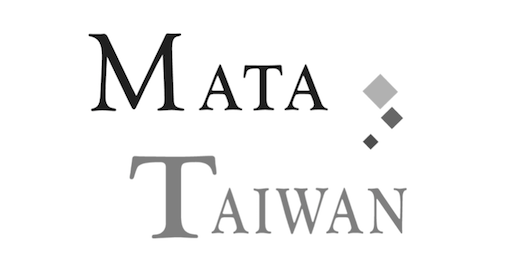The exploit-praising ritual or Malastapang where Bunun hunters or warriors circle up and praise their own exploits is one of the most famous features of the indigenous people. However, do you know the exploit-praising ritual does also take place among other Taiwanese indigenous peoples actually? For example, Bunun’s neighbors: Paiwan! This might be a big surprise for many people, as Bunun’s Malastapang is so famous that many thought the ritual is exclusive among Bunun. But not really. And actually the songs for the exploit-praising ritual is among the four typical music genres of Paiwan! The four typical music genres of Paiwan are the songs for the exploit-praising (Semaljawliyan), the songs for ceremonies, the songs for wedding and funerals, and the songs in daily life. But now the songs for the exploit-praising and for funerals have almost disppeared among the people, only the songs for ceremonies, wedding, and the songs in daily life are still commonly heard by us nowadays. Luckily, the tradition of the exploit-praising is still well-preserved in a Paiwan tribe in Southeastern Taiwan called Paumuli! Paumuli is located in Jinfeng Township, Taitung County, where the Paiwan people are famed of being agile and brave. Here the hunters and warriors are still practicing the exploit-praising ritual. Even now the people don’t hunt as often as they used to and don’t practice head-hunting, the men who achieve great success or win recognition in the society, like grasping a championship in a race or getting a PhD Degree, he could still be allowed to praise his own “exploits” in the ritual by the permission of the Chief (mamazangiljan). The exploit-praising ritual is a serious ritual that no one could lie on his own exploits; otherwise the elders or the chief will denounce him or criticize on him immediately. Last weekend, the annual Harvest Ceremony took place in Paumuli again and the exploit-praising ritual took place in the ceremony as well. You would like to see how the people do the praising in the video below: http://www.matataiwan.com/2013/08/paiwan-semaljawliyan-paumuli (The video has not yet been translated into English, sorry dude!)
(圖片來源:EddJhong(CC Licensed)) 人家都說,沒有看過原住民打獵,也要聽過原住民報戰功 然後一講到報戰功,大家就想到這個布農族的報戰功…… 可是你知道嗎,排灣族捧油也有報戰功咧!什麼,排灣族也有報戰功?!這沒什麼好大驚小怪的啦~作為優秀的獵人,很多原住民族都馬有報戰功的傳統,除了布農族以外,還有排灣族、鄒族等等,都會在打獵(或出草)之後,回來炫耀一番!(註一) 而且對於排灣族來說,報戰功(semaljawliyan)還是他們四大傳統歌謠之一呢! 排灣族的傳統歌謠有四種,分別是報戰功、祭典、婚喪,還有平常時唱的歌。現在大家還常聽到的是喜事、祭典,還有平常時唱的歌,至於報戰功和喪事唱個歌謠,都慢慢消失了…… 幸好這樣的報戰功傳統,在民風剽悍的台東金鋒鄉保我目里部落(Paumuli),還有保留下來:報戰功不是隨便亂報,要 mamazangiljan(頭目)說可以報,你才能報,而且報的時候,不能說謊!一定要真的有打那麼多山豬、山羌、拿過什麼功成名就,才可以報出來,不然會被大家噓喔! 上週末,保我目里部落舉辦一年一度的收穫祭,其中就有一場報戰功,大家一起來看看:
